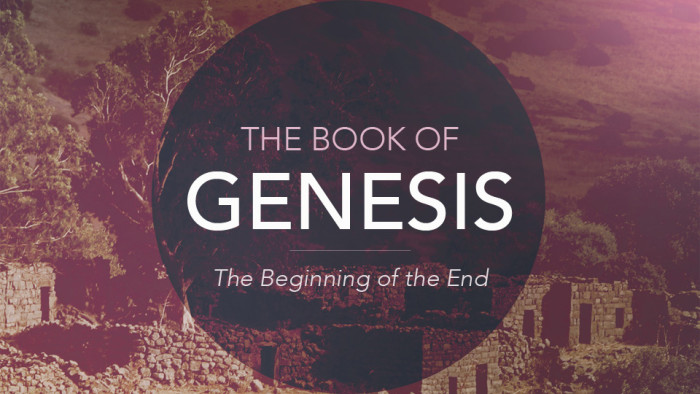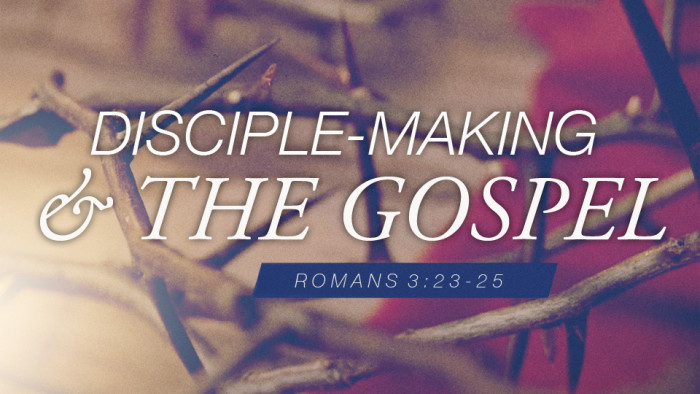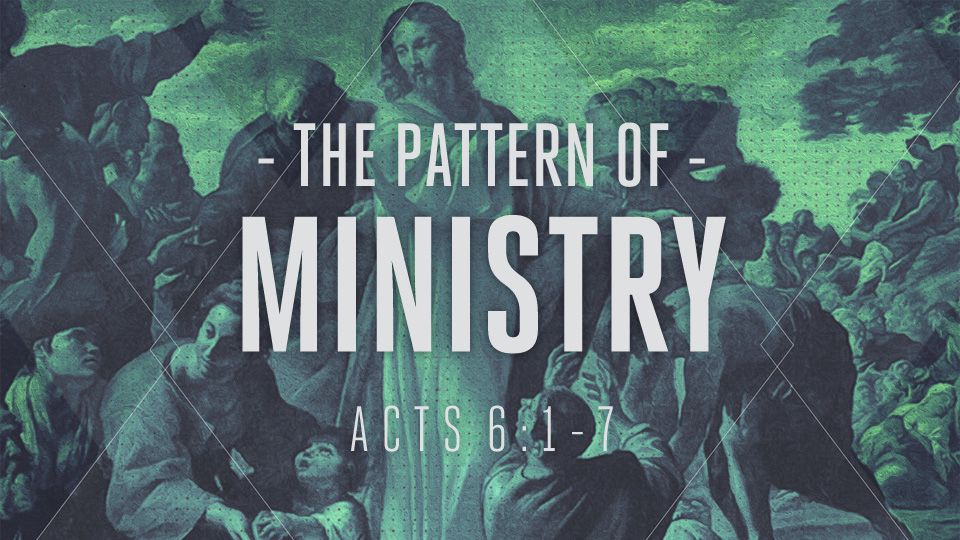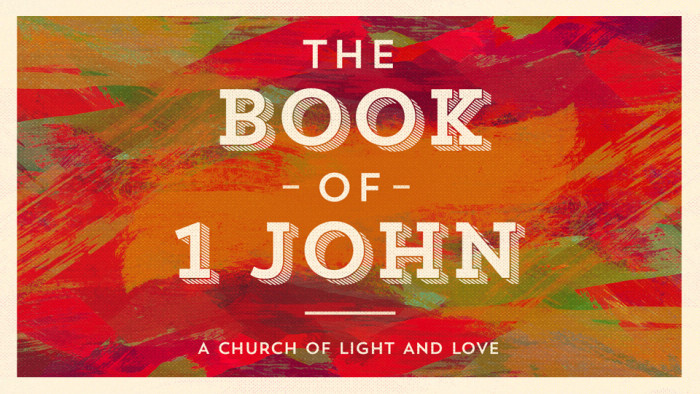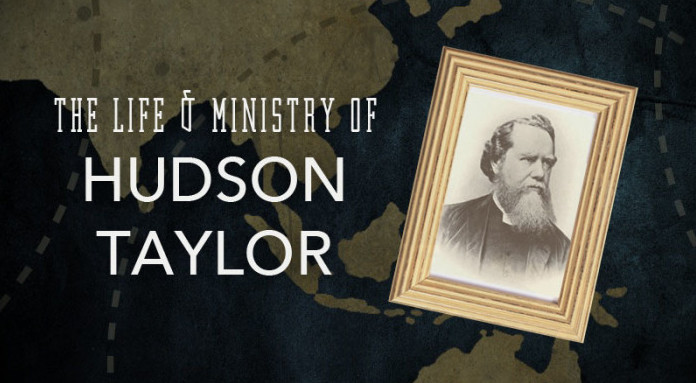
This post is adapted from my recent sermon, “The Life and Ministry of Hudson Taylor.”
He arrives in China, finds a rebellion in full force, currency in great inflation, and much of the missionary community looking down on him for they had little respect for the Chinese Evangelization Society. Taylor only added fuel to their scornful fire when he made the decision to dress in Chinese clothes and grow a pigtail like the Chinese men wore; respectable Europeans would never steep so low—including the missionaries. Taylor had little money, terrible communications with London (it would take at least four months to send a letter and get a reply), but he wasn’t deterred. In the six months it took him to learn the language he found himself separating from, what he deemed, the “worldly” missionary culture saturating China. Almost all the missionaries were living in one of the five “treaty ports,” spending most of their time with English businessmen or diplomats who needed their translation services.
Preaching The Gospel in Unreached Places
So, much like the apostle Paul, Taylor struck out on a series of ten extended evangelistic journeys to the interior, taking the gospel to places where it had never been heard. All this last about four years. On January 20, 1858, he married another missionary Maria Dyer. They were married for twelve years. When Maria died at age 33, she had given birth to eight children. Three died at birth, two in childhood and those that lived to adulthood all became missionaries with the mission their father had founded, the China Inland Mission. I did the math on this. From age 26-38 every 1.5 years Hudson Taylor has a child and every 2 years a child or his wife dies. Can you imagine the pain? Here’s what he said about suffering:
It is in the path of obedience and self-denying service that God reveals Himself most intimately to His children. When it costs most we find the greatest joy. We find the darkest hours the brightest, and the greatest loss the highest gain. While the sorrow is short lived, and will soon pass away, the joy is far more exceeding, and it is eternal.
In 1860 Taylor came down with what probably was hepatitis, and he and his family set sail for England. This medical sojourn was one that deeply grieved Taylor, believing it to be a major setback to the work he’d begun in China. Yet, in God’s providence it would bring the most “decisive event” in his life. Which is a wonderful reminder for us. Perceived setbacks are often the occasions for God’s unusual providential mercy. During this four-year respite Taylor translated the Bible into Mandarin, studied to become a midwife, and urged greater awareness for God’s work in China.
What then is the decisive event? Over the course of the same period in which our country was fighting the Civil War, the Spirit was putting in Taylor’s a vision that would change the history of the largest nation on earth. Here’s how Taylor wrote about the event:
On Sunday, June 25th, 1865, unable to bear the sight of a congregation of a thousand or more Christian people rejoicing in their own security, while millions were perishing for lack of knowledge, I wandered out on the sands alone, in great spiritual agony; and there the LORD conquered my unbelief, and I surrendered myself to GOD for this service (the founding of the China Inland Mission). I told Him that all the responsibility as to issues and consequences must rest with Him; that as His servant, it was mine to obey and to follow Him — His, to direct, to care for, and to guide me and those who might labour with me.
This was the birthplace of the China Inland Mission. Taylor was 33 years old. On May 26, the following year (1866) Hudson, Maria, and their children sailed with the largest group of missionaries that had ever sailed to China—sixteen besides themselves. Overnight the mission force in China expanded 25%.
Four years later (1870) Taylor’s son Samuel died, then daughter Noel died, and on July 23 his wife Maria died of cholera. She was 33, and he was 38. A year later, Taylor sailed for England again, and while he was there he married Jennie Faulding, they would be married for 33 years until her death in 1904. In 1900 the brutal Boxer Rebellion raged against all Christians and foreigners in China. 58 adults and 21 children of the China Inland Mission were killed, more than any other agency. Five years later Taylor died at the age of 73, buried at Zhenjiang by the side of Maria and his four children who had died in China.
The Legacy of Hudson Taylor
At the time of Hudson Taylor’s death, the China Inland Mission was an international body with 825 missionaries living in all eighteen provinces of China with more than 300 mission stations, more than 500 local Chinese helpers, and 25,000 Christian converts. This year marks the 150th anniversary of the mission Hudson Taylor founded. In 1900, there were 100,000 Christians in China, and today there are probably around 150,000,000.
Full of Faith and Powerful in Prayer
I choose this year to think about Hudson Taylor for two reasons. First, he is a man unlike us. He’s from outside our tradition and with whom we would probably have some significant disagreements—particularly as it relates to sanctification. But he’s nevertheless a man we can lean much from. It’s surely a mark of maturity and humility that people you don’t totally agree with can still teach your mind and transform your heart. Secondly, he is a man like us. This fact struck me powerfully throughout my recent study of Taylor’s life. He was not like his friend Charles Spurgeon, who had a photographic memory and a command of rhetoric the envy of every preaching. He was not like the great evangelist George Whitefield, so gifted in oratory it was said he could make crowds weep simply with how he said the word, “Mesopotamia.” Nor was he like William Carey, the founder of the modern missions movement, a polyglot who translated the Bible into some 29 different regional dialects.
No, Hudson Taylor was remarkably ordinary in his gifting. He had no formal education, but he did have a deep love for the Lord. He had no unusual mental faculties, but he did have a passion for God’s word. He had no unusual power in preaching, but he did have supreme trust in His God. Why then, under God’s providence, was this man so enormously effective? Here’s my answer: he was a man full of faith and persistent in prayer. These two are distinct, but they go hand in hand.
The Faith Missions Movement
Taylor is perhaps most famous for giving birth to the faith missions movement. Much like his personal hero George Mueller he never solicited funds for his mission work. Convicted in his conscience that he should never ask for money, but instead trust in God’s provision alone through prayer, he lived a life of untold number of occasions where God’s generosity flowed in just in time and in greater abundance than necessary. He famously said, “Depend upon it, GOD’S work done in GOD’S way will never lack GOD’S supplies,” he meant every kind of needed supply, both money and health and faith and peace and strength. Lest we think he had something like a gift of faith, Taylor was actually adamant that he didn’t.
Taylor’s faith was even what precipitated his break with the China Evangelization Society, who was borrowing money to fund its missionaries. And so when he founded the China Inland Mission he required that the missionaries would have no guaranteed salaries, they were not to appeal for funds, and they were to adopt Chinese dress and press the gospel to the interior. He believed mission efforts should be directed on the field, not from a far off place like London, and thus Taylor was to be the leader and settle all disputes. Not everyone appreciated his leadership and the demands he made on himself and everyone else. One missionary in that early group accused him of tyranny and had to be dismissed.
We must remember that rigorous devotion to convictions of conscience (where in the Bible does it say you can’t ask for money?) can often disrupt Christian unity. Might there be any place in your life where your convictions of conscience might be prone to distraction or disruption?
So he was a man full of faith and totally persistent in prayer. From the time he felt called to China until the end of his life he woke at 5am to pray. He said later in his life, “For as long as I’ve been alive the sun has never risen in China without finding me in prayer.” We often view prayer as a duty, but for Hudson Taylor it was a necessity. It was as necessary for his soul as breathing was for his body. His private prayer life was doubtless reflected in his public prayers. Someone present at a meeting Taylor led wrote, “His appearance did not impress me. He was slightly built, and spoke in a gentle voice. Like most young men, I suppose I associated power with noise, and looked for great physical presence in a leader. But when he said, ‘Let us pray,’ and proceeded to lead the meeting in prayer, my ideas underwent a change. I had never heard any one pray like that. There was a simplicity, a tenderness, a boldness, a power that hushed and subdued one, and made it clear that God had admitted him into the inner circle of His friendship. He spoke with God face to face, as a man talk[s] with his friend.”
Here then is the main point I want us to see from Hudson Taylor as Mission Month 2015 come to a close: full faith and persistent prayer give supernatural power to disciple-making. Taylor’s life was a living testimony to that truth. I pray this brief glimpse of his life and ministry would lead us to imitate the same. May God give us a fullness of faith and persistence in prayer in our efforts to make disciples of all nations.

